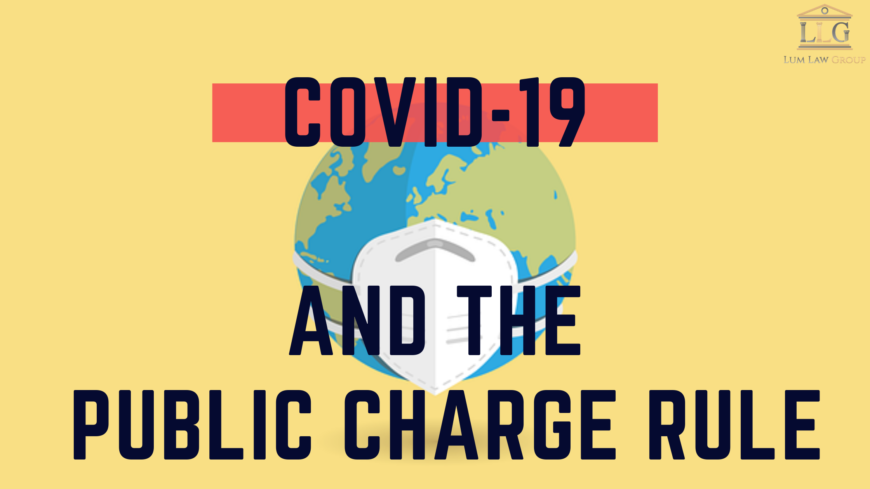COVID-19 and the Public Charge Rule
The “Public Charge” rule in a nutshell is how new green card applicants will be judged based on how financially self-sufficient they are, and consequently how likely they are to become reliant on welfare. We have previously covered the new Public Charge Rule that was to be enforced since February 24, 2020:
- What Does “Public Charge” Mean and How Does it Affect Me?
- What is the New Public Charge Form?
- Who and What is Exempt from the New Public Charge Rule?
With our current situation due to COVID-19, at least our home state of California has widened the reach of unemployment benefits and even announced an eviction moratorium until September 30, 2020, it’s hard to imagine the possibility of a long-time awaiting immigrant to lose the opportunity of permanent residence in the United States due to coronavirus induced financial difficulties.
Many have suffered job losses, illness, and other hardships as a result of the COVID-19 pandemic, which was declared a public health emergency on January 31st, 2020. Here’s what we know:
On July 29th, 2020, a federal judge blocked the “Public Charge” rule from being enforced. This block also applies to the rules regarding private health insurance for visa applicants.
United States Citizenship and Immigration Services (USCIS) announced the following:
- USCIS will not reject or deny any green card application (form I-485) based on the public charge rule, even if it was filed after February 24, 2020;
- USCIS will not reject or deny any green card application that is missing the new public charge form (I-944) or includes incomplete information;
- USCIS will continue to process permanent residence applications according to rules prior to the release of the Public Charge Rule;
In the same announcement, USCIS stated that it would apply the Public Charge Rule to applicants applying from abroad after February 24, 2020.
If you have any questions regarding your green card application or the Public Charge Rule, please contact our office to speak with an experienced immigration specialist.

